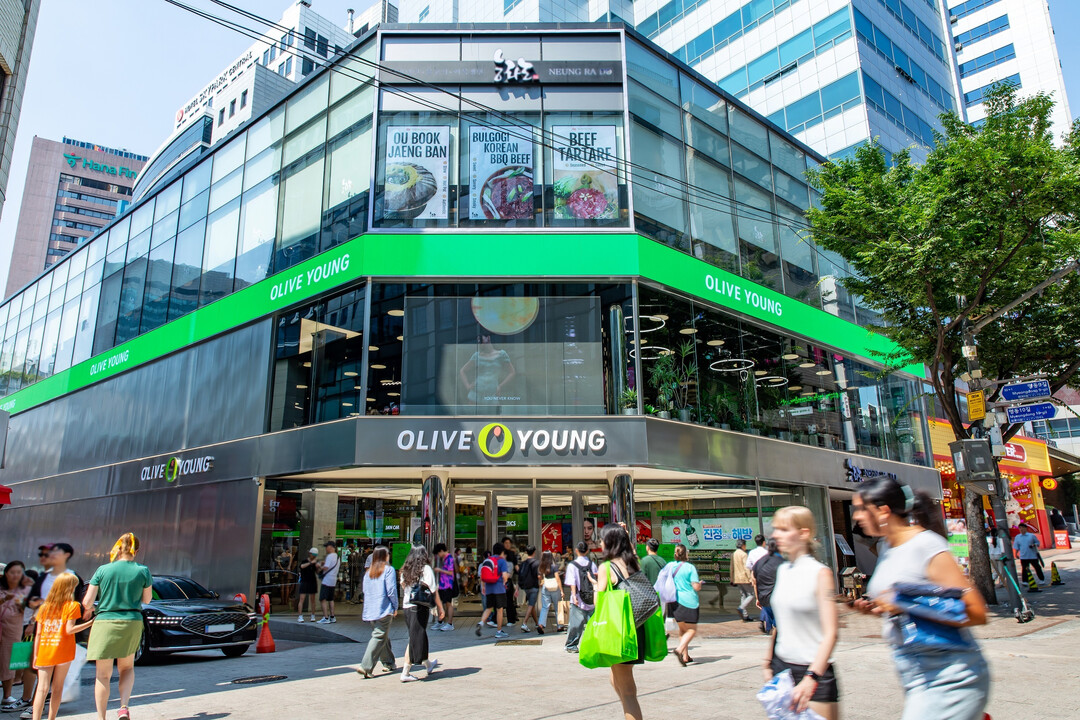
Seoul, South Korea – South Korea's duty-free industry is facing a significant downturn as foreign tourists are increasingly choosing to shop at specialty stores like Olive Young over traditional duty-free shops.
According to a recent survey conducted by the Korea Chamber of Commerce and Industry, the shift in consumer preferences has led to a decline in duty-free sales. The findings were presented at the "2025 Retail Industry Outlook Seminar" held at the Chamber's headquarters in Seoul.
Yu Jung-hyun, a research fellow at Daeshin Securities, noted that "Foreign shoppers are now gravitating towards health and beauty (H&B) stores like Olive Young rather than city-center duty-free shops." He further projected that while duty-free sales continue to decline, Olive Young's annual sales are expected to grow by approximately 30% compared to the previous year.
Huang Sun-gyu, director of the Korea Duty Free Association, echoed these sentiments, explaining that "The consumer base of duty-free shops is rapidly shifting from large group purchases to individual travelers. This trend, coupled with a growing preference for experiential tourism like food and cultural experiences, has led foreign tourists to favor local stores over duty-free shops."
The duty-free industry had initially expected a swift recovery following the pandemic, but the prolonged decline in sales has been a significant challenge. According to the Korea Duty Free Association, domestic duty-free sales in October decreased by 16.4% year-on-year, reaching 1.11 trillion won. This marks a consecutive two-month decline.
The shift from group tours to individual travel and the changing consumer preferences towards experiences rather than shopping have contributed to the industry's struggles.
As a result, major duty-free operators reported dismal third-quarter earnings. Lotte Duty Free posted an operating loss of 460 billion won, while Shinsegae Duty Free incurred a loss of 162 billion won. Shinra and Hyundai also recorded operating losses of 382 billion won and 80 billion won, respectively.
Industry experts predict that a short-term rebound in sales is unlikely. In fact, losses are expected to widen further due to the expiration of the preferential tax treatment for bonded warehouses, which had been in place from 2020 to 2023.
The economic slowdown in China has also exacerbated the situation, leading to a significant decrease in spending by Chinese tourists. "Regardless of whether they are group or individual tourists, Chinese consumers are spending less due to the prolonged economic downturn in China," said an industry official.
[Copyright (c) Global Economic Times. All Rights Reserved.]






























